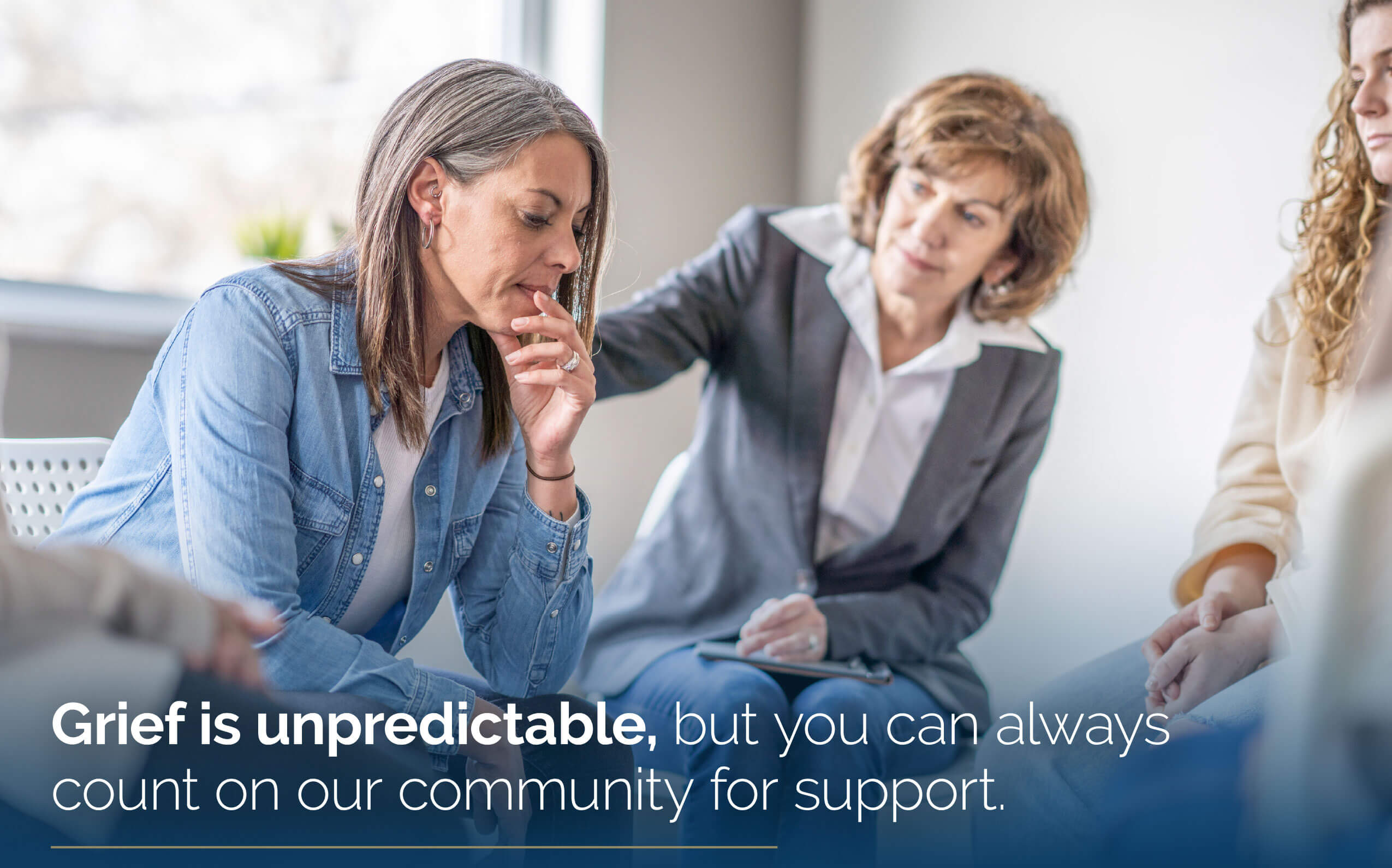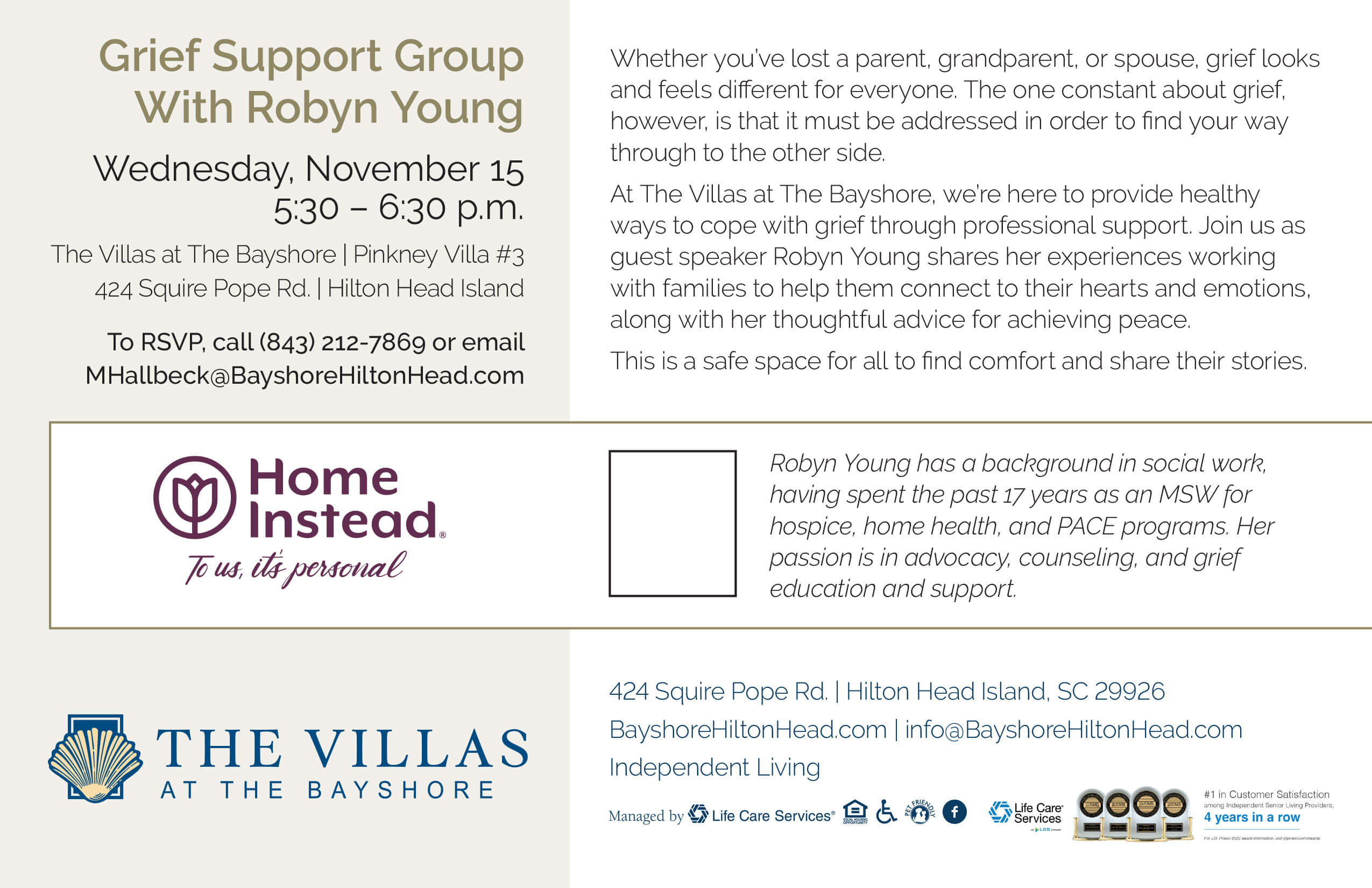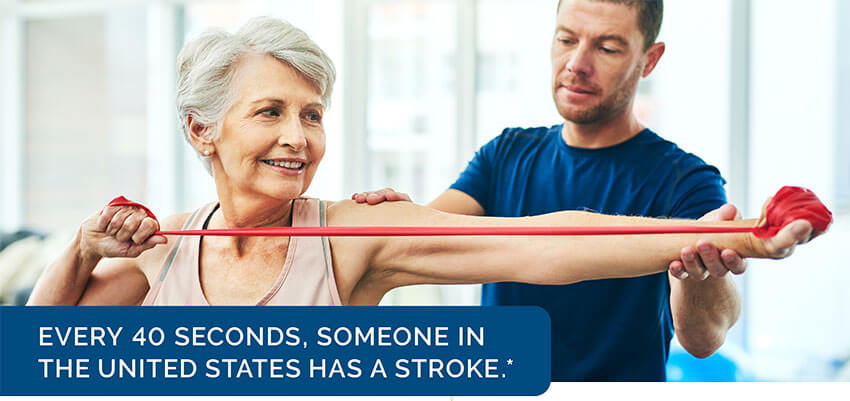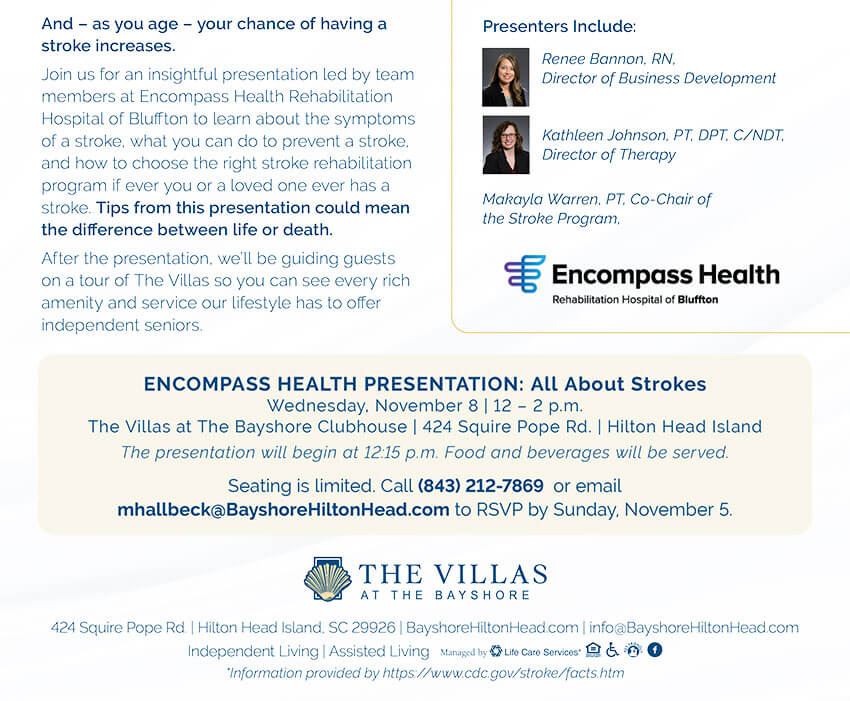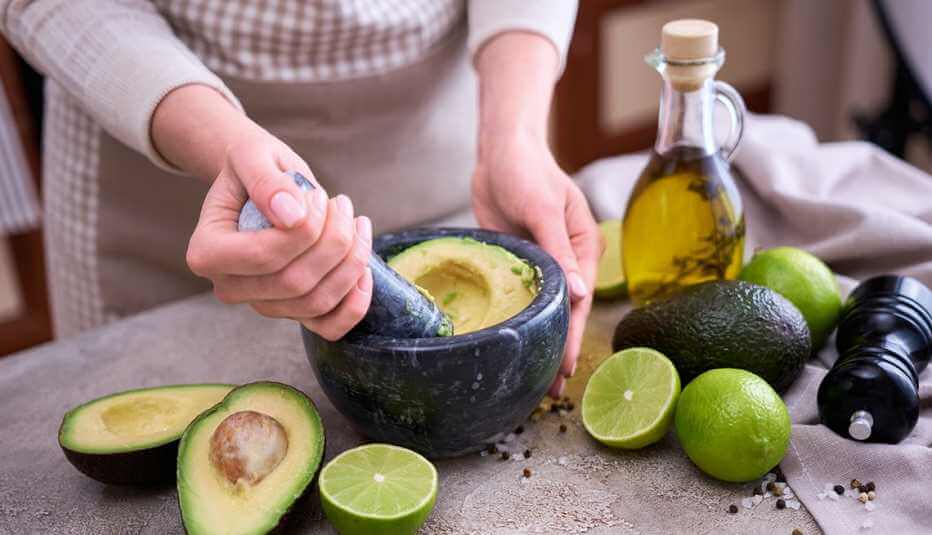
A doctor explains why the right amount of healthy fats is good for you
If you’re like many of my patients, you’re probably trying to figure out how to eat healthy, manage your weight and ward off diseases such as diabetes and hypertension. Good for you! An ounce of prevention and a healthy lifestyle are always the best bet. But I’d like to shed light on a topic that tends to cause some confusion, and that is the question of “healthy fats.”
My patients often want to know: What are “good” fats? What’s the difference between saturated and unsaturated fat? Which foods should I eat or not eat because they’re high in fat? Perhaps the following is the question I’m most often asked:
Does eating fat make you fat?
The answer is no. Fats play an important role in our diet, and our bodies need them to function properly. But we need to consume fats the right way. We gain weight if we consume more calories than we burn, and it doesn’t really matter where those calories come from. Having said that, we need to keep in mind that fat contains more calories per gram than any other macronutrient. That means that if your body needs 2,000 calories per day to remain at the same weight and you consume 2,000 calories of fat — say, by eating nothing but bacon — you won’t gain weight, but that doesn’t mean you’re eating healthy.
It’s important to maintain a balanced diet, especially as we age. Studies show that Americans 65 and older are not eating as well as they used to. One study, as part of the National Health and Nutrition Examination Survey, found that the percentage of older people eating a poor-quality diet rose from 51 percent in 2001 to 61 percent in 2018.
We know that a diet lacking in essential nutrients can lead to chronic disease, disability or even death in older people, and fat is one of these nutrients.
What percentage of your daily diet should come from fat?
To maintain a healthy diet, adults should get 20 percent to 35 percent of their daily caloric intake from fats. Fats are a nutrient that the body needs to absorb vitamins A, D and E, which keep our bones strong and our organs and immune system working properly. But not all fats are created equal.
To learn about the different types of fats, and why we need good fats in our diet, from AARP, CLICK HERE.

